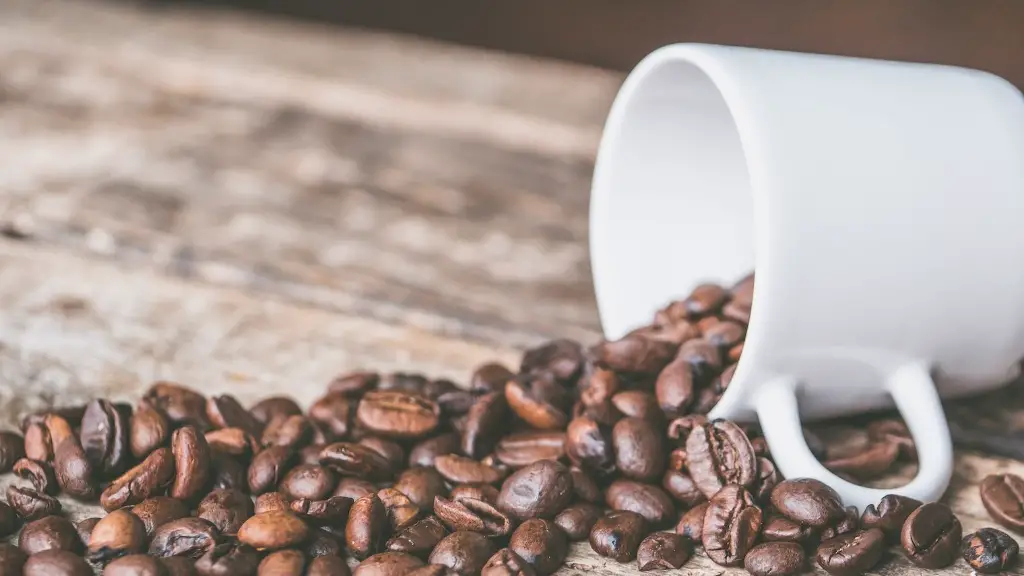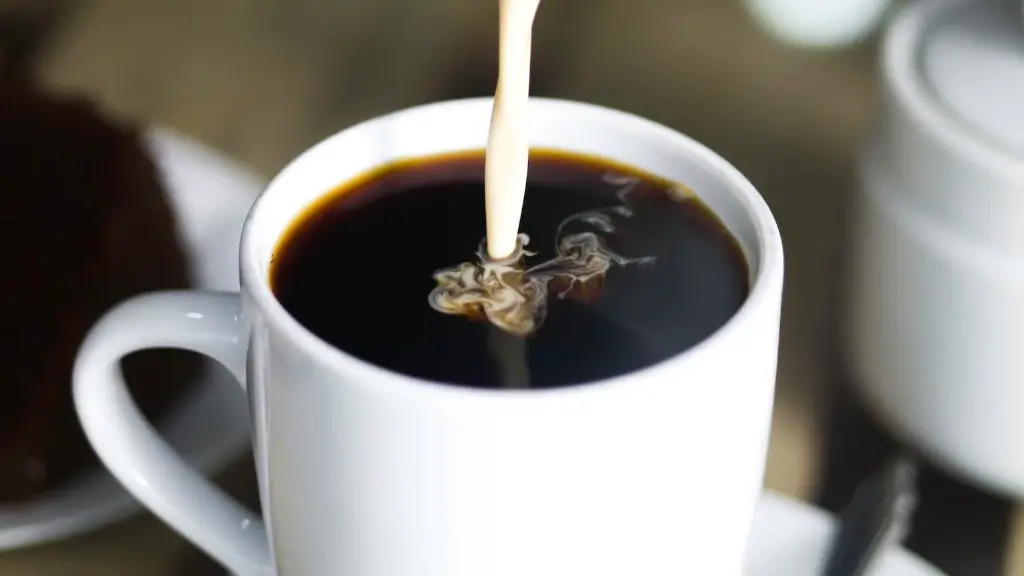Coffee is one of the most popular beverages around the world, providing a wake-up or calming effect depending on the person. Yet if you have had your gall bladder removed, can you still enjoy it? To answer this, it’s important to have a basic understanding of gall bladder function.
The gall bladder helps our bodies digest fats. It produces a substance called bile, which is sent to our small intestine when a meal is eaten. Bile helps break down tough foods, so the body can absorb all the vital nutrients. Without a gall bladder, the body has to rely on the liver to produce more bile, which is why it is important to eat small, light meals after gall bladder surgery.
So, when can you drink coffee after gallbladder removal? As with any surgery, there are certain recommendations that should be followed. Generally, it is best to wait at least six weeks before drinking coffee, to give the body enough time to heal. The stomach must be able to produce enough enzymes to digest the coffee before drinking it. Drinking too much coffee while the stomach is still healing can cause nausea, heartburn or even abdominal pain.
However, there are some people who may be able to drink coffee sooner after gallbladder removal. If your doctor has cleared you for light activity, you may be allowed to drink a cup of coffee or two. Keep in mind that you may need to monitor your reactions and should always consult with your doctor first.
Before drinking coffee again after gallbladder removal, there are a few things to consider. Some people may experience less acid reflux and other digestive issues when drinking coffee with a lower acidity. The higher acidity levels of some coffees can cause irritation of the stomach lining and other symptoms, so opting for a low acid coffee might be beneficial. Additionally, adding cream and sugar can upset the stomach, so it is best to drink coffee without these additives.
When it comes to moderation, even with low-acid coffees, it’s best not to overdo it. Avoid drinking more than two cups a day, as this could cause problems in some people. Drinking it with meals, rather than on an empty stomach, can also be helpful.
Is Decaf or Instant Coffee Better?
Decaffeinated coffee might be the best option for people who have had their gall bladder removed. Many experts suggest drinking decaffeinated coffee, as it does not contain the same levels of caffeine as regular coffee. Small levels of caffeine may be okay for some people, but for others, even a single cup could cause problems. If a person can tolerate caffeine, decaffeinated coffee can still provide the same soothing and calming effect.
Similarly, instant coffee is another popular alternative for those who have had their gallbladder removed. Because it is much less acidic than regular coffee, it may be easier to digest. However, some instant coffees contain preservatives that may be difficult to digest, so it is important to read the label carefully.
Teas May Be a Better Option
Although coffee is a popular choice for many people, some may decide to switch to other beverages. Drinking tea, such as chamomile or peppermint, can provide the same calming and energizing effects without the acidity or caffeine. Other herbal teas, such as ginger or licorice may be beneficial for people with gallbladder problems, as these herbs are known to be beneficial for the digestive system.
In conclusion, coffee can be a part of your daily routine after gallbladder surgery if consumed with care. Before deciding to drink any type of coffee, it’s important to consult your doctor and understand your body’s reactions to caffeine. Drink no more than two cups a day, as this type of beverage can be too harsh for some people.
Alternative Nutritious beverages
If drinking coffee is not suitable, there are several other nutritious beverages worth considering. Smoothies, juices, and protein shakes are all excellent alternatives that can provide the same stimulating and energizing feeling. If you opt for any type of juice, make sure to limit your intake and check the labels, as many juices are high in sugar and calories. Additionally, many of these drinks contain lots of vitamins and minerals that can benefit the digestive system.
Finally, milk is also a great choice for people who have had their gallbladder removed. Low-fat milk can help regulate the digestive system, providing a healthy dose of calcium and other beneficial nutrients. As with coffee, moderation is key. Too much milk can lead to digestive issues, so it is best to stick to two cups a day.
What to Avoid (and When to See a Doctor)
Although coffee is generally safe to consume after gallbladder removal, it is still important to take precautions and be mindful of what the body can tolerate. Avoid drinking coffee on an empty stomach, and always monitor reactions, including any noticeable changes in energy levels or symptoms of discomfort. Additionally, steer clear of artificial sweeteners, which can be hard to digest for many people.
If any symptoms persist, or if there are signs of digestive problems, be sure to consult with your doctor. Moreover, keep in mind that everyone is different and some people may not be able to enjoy coffee or other beverages normally consumed before the surgery. Eating a balanced diet and practicing moderation with coffee or any other beverage are key to avoiding potential complications.
The Potential Health Benefits of Coffee
On the other hand, drinking coffee can have positive effects on overall health. Studies have shown that coffee consumption can reduce the risk of type 2 diabetes and some forms of cancer. Additionally, it has been linked to lower levels of inflammation, improved focus, and mood. Moreover, it contains compounds like caffeine and antioxidants that can boost energy levels, helping to keep the body active and performing optimally.
Finally, it is important to remember that moderation is key when it comes to consuming any type of beverage, including coffee. Even if the body can tolerate small amounts of the beverage, it is best to stick to two cups a day. This will lower the risk of any digestive issues and help to keep the body healthy and functioning properly.




